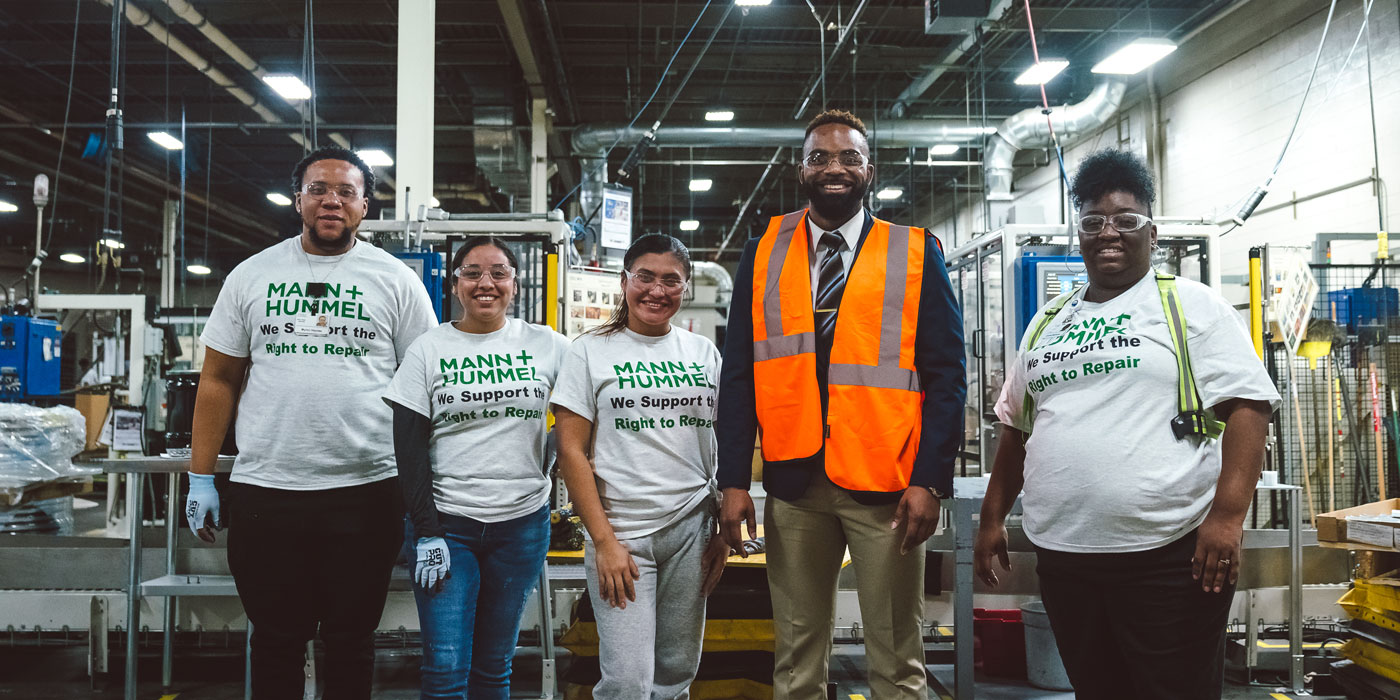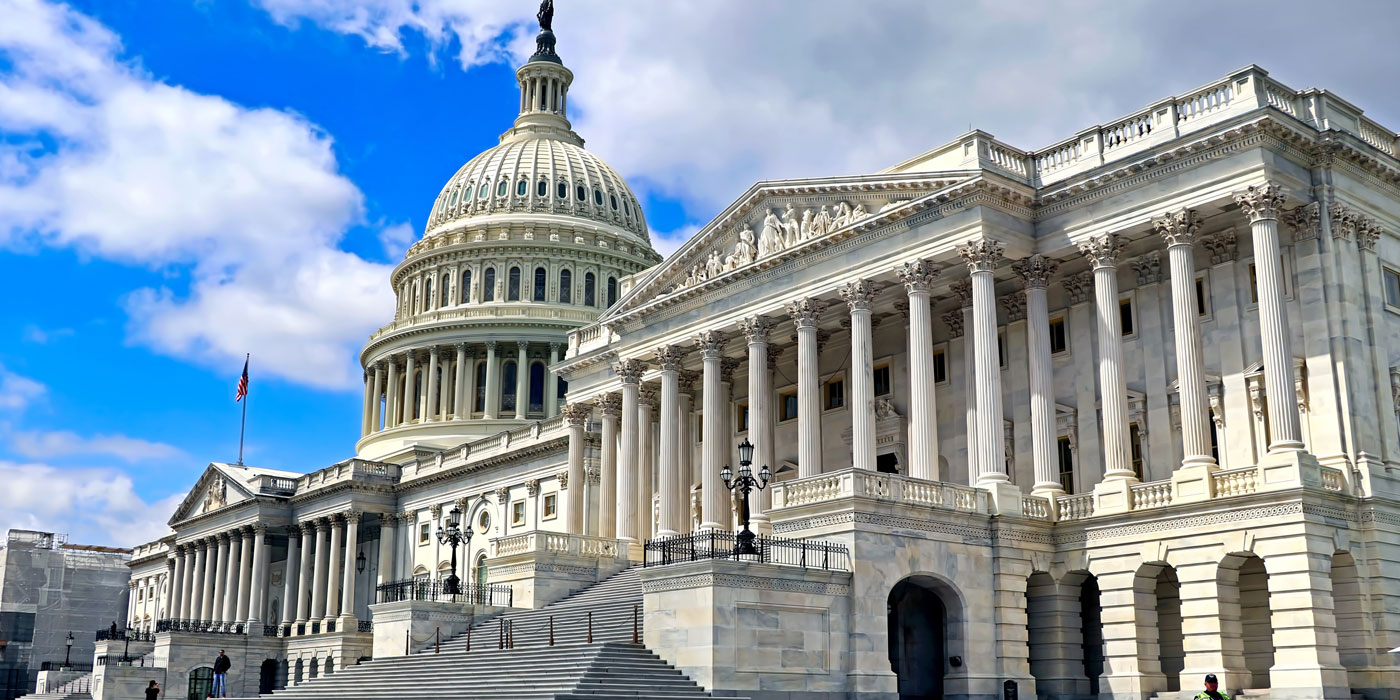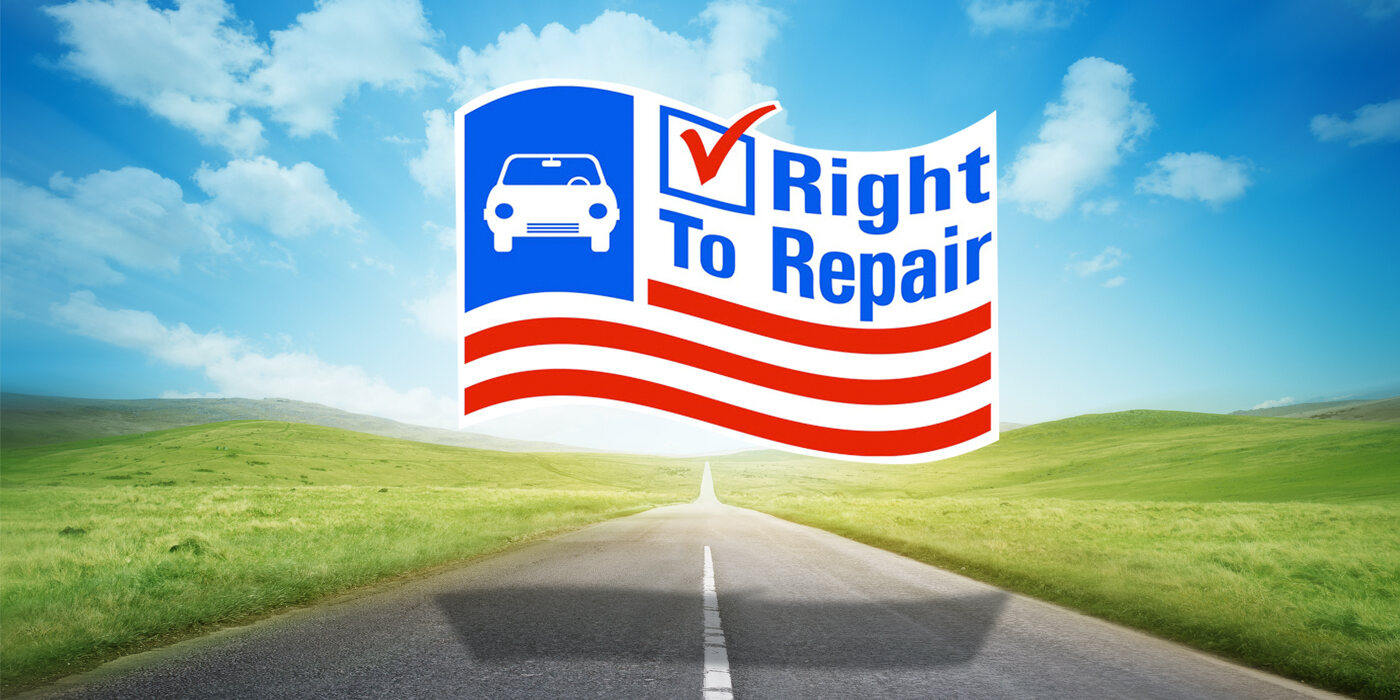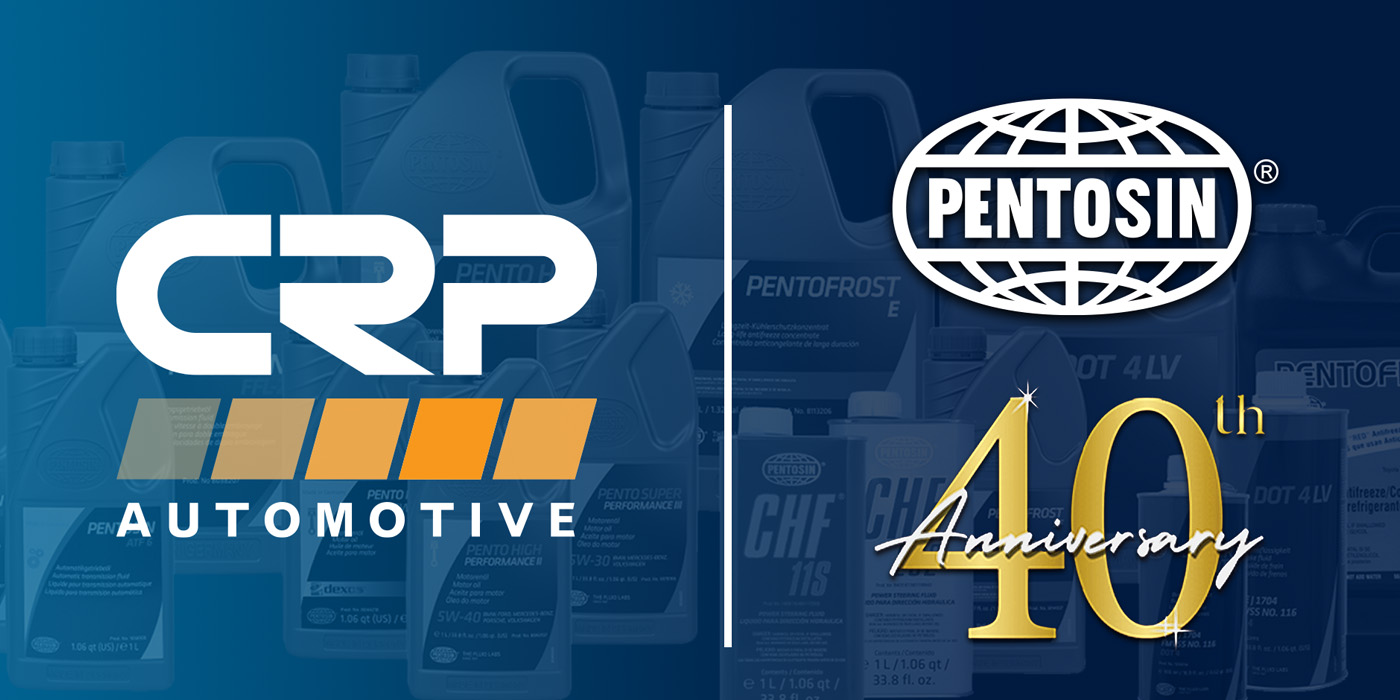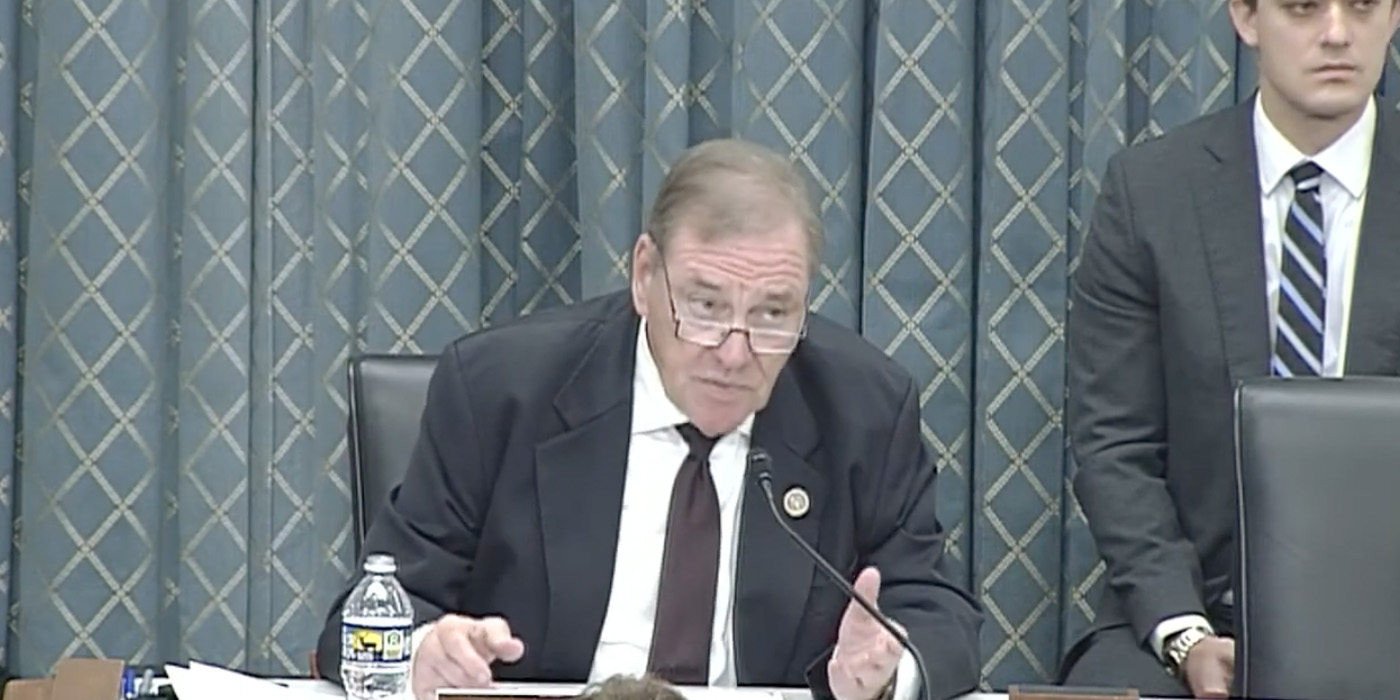Despite Homeland Security guidance that categorizes automotive repair, service and parts manufacturing as “essential” functions, the automotive aftermarket is grappling with inconsistent implementation of shelter-in-place policies at the state level.
The Automotive Aftermarket Suppliers Association (AASA) said it continues to fight for suppliers’ rights to operate as essential businesses. AASA has gathered the relevant federal guidelines and has been sharing important information on how suppliers can address issues as they arise.
“Bottom line, this country and our economy need appropriate aftermarket facilities, and jobs, to continue in a responsible manner,” AASA President and COO Paul McCarthy said. “We continue to fight hard for our industry and the supplier community in these challenging circumstances.”
According to AASA, automotive aftermarket suppliers should understand the following:
- Homeland Security has identified auto repair as essential.
- We need functioning vehicles to take workers to hospitals and goods to grocery stores.
- Homeland Security, however, only issues recommendations to states. States and localities are currently responsible for this decision-making.
- In addition, the manufacturing of automotive parts has been identified by Homeland security as critical manufacturing.
- This logically extends to suppliers’ warehouse/distribution and fulfillment. The analogy is that we are like farmers – there’s no point in keeping grocery stores open if they cannot be supplied.
If you have questions on the critical list, the contact is [email protected].
Here’s what AASA is doing on behalf of members and the industry:
- Earlier this week, AASA organized a coalition and then sent a letter to the governors and mayors stating that vehicle repair should be considered essential, which was successful.
- AASA has connected with the National Governors Association, the National Lieutenant Governors Association and directly to the governors’ offices in the “stay-at-home” states to inform them that our industry has been identified as essential and ensure they act accordingly.
- There has been some inconsistency in implementation; AASA is working directly with these suppliers on their specific concerns.
- AASA is seeking clarification on the designation as “essential” for distribution and fulfillment in critical industries.
- AASA is submitting a letter to President Trump and Vice President Pence to strongly encourage the federal government to mandate essential businesses like ours, so we do not continue to have the statewide patchwork and confusion.
- AASA also is working with its Mexican counterparts to write a letter to encourage the Mexican government to take appropriate steps so our supply chain in Mexico is protected.
According to AASA, here’s what suppliers can do:
- The administration has directed AASA to tell members to reach out to governors directly if they are having problems with business restrictions.
- In most cases, they have been responsive, although they appear overwhelmed.
- Click here for the key information on business restrictions and contacts at state government to request business continuation for the states that have issued “stay-at-home” orders.
- To help members be ahead of the curve, AASA is gathering contacts for the remaining states and will post on our website.
If your facility is designated as “essential” and allowed to stay open, how do you protect your employees from being stopped by police or other officials?
- Make sure each of your employees has a copy of the official state designation.
- Provide employees with a personalized letter indicating that this person is working at an “essential” business. Make sure the information on the letter reflects the name and address employees have on their individual driver’s license.
- Counsel your employees to stay calm and provide them with a phone number at your facility if any questions should arise.
AASA has created a suppliers’ discussion group on LinkedIn – AASA COVID-19 Forum – where suppliers can post appropriate information on your experiences and advice to other suppliers.
AASA, Auto Care Push For ‘Essential’ Status
In a joint letter to President Trump, the Auto Care Association and AASA are urging the Trump administration to designate auto parts manufacturers, distributors and repair shops as essential businesses to ensure that the vehicles transporting our public health professionals, first responders and essential goods are operational.
In addition, both organizations are encouraging the White House to enforce a “consistent national policy” to keep the auto care industry open.
“This industry and its workforce face an immediate crisis that needs your leadership,” the letter states. “Aftermarket manufacturers, distributors and repair facilities want to provide these essential services, but are facing inconsistent state emergency designations of essential personnel and services. These businesses were deemed critical in the March 19 ‘Memorandum On Identification Of Essential Critical Infrastructure Workers During Covid-19 Response’ issued by Director Christopher Krebs of the Department of Homeland Security.”

